As businesses seek sustainable and efficient energy solutions, propane emerges as a viable alternative due to its versatility and cost-effectiveness. According to the Wisconsin K-12 Energy Program, propane, first produced in 1912, has evolved into a fuel widely used in homes, industries, and farms, illustrating its long history of reliability and adaptability. Understanding the fundamentals of propane, from its chemical properties to applications in commercial settings, is crucial for informed implementation. Let's look at how to equip businesses with the knowledge needed to leverage propane's strengths while maintaining safety and compliance.
Applications of Propane in Commercial Settings
Propane is extensively used in commercial heating and cooling systems due to its efficiency and reliability. It powers boilers, furnaces, and water heaters, providing consistent and cost-effective climate control. Businesses value propane's ability to function effectively even in regions with unreliable electrical power infrastructure. Additionally, propane-based systems often require less maintenance, reducing operational disruptions and associated costs.
In the food service industry, propane serves as a preferable fuel for its rapid heating and precise temperature control. Propane ovens, grills, and fryers allow chefs to achieve desired cooking results efficiently, enabling high throughput in busy kitchens. Restaurants and food trucks benefit from propane's portability and ease of use, extending operations beyond traditional settings. Furthermore, its clean-burning nature minimizes indoor air quality concerns, aligning with health and safety regulations.
Propane-fueled generators provide reliable backup power solutions for businesses, ensuring continuity during electrical outages. The immediate availability of propane as a generator fuel supports critical operations, minimizing downtime and revenue loss. Unlike gasoline generators, propane units require less frequent refueling and maintenance, enhancing convenience. Businesses in disaster-prone areas particularly value propane generators for their robustness and rapid deployment capabilities.
Propane powers numerous fleet vehicles, offering a cleaner alternative to diesel while maintaining performance and range. Conversion of existing vehicles using LPG kits, as well as the availability of propane-specific models, enhances the flexibility of fleet management. Propane's lower emissions profile contributes to regulatory compliance and corporate sustainability goals in transportation sectors. Economically, propane's stable pricing over time compares favorably against fluctuating gasoline and diesel costs.
Benefits of Choosing Propane for Businesses
Propane offers considerable cost efficiency due to its competitive pricing and high energy content. Compared to electricity and other fossil fuels, propane often results in lower energy bills for commercial users. Furthermore, rebates and incentives from governments and propane suppliers further enhance financial savings. Operational costs are reduced through propane's minimal maintenance requirements and prolonged equipment lifespan.
One of propane's key advantages is its high energy efficiency, ensuring effective performance across various applications. Propane appliances are engineered to deliver maximum energy conversion with minimal waste, aligning with efficiency standards. Enhanced energy performance translates into lower operational costs and reduced strain on production systems. The ability to provide consistent and powerful energy makes propane a reliable choice, even under demanding operational conditions.
Unlike conventional fuels, propane boasts a lower carbon footprint, contributing to environmental sustainability measures. Its clean-burning properties mean reduced emissions of harmful pollutants such as carbon monoxide and nitrogen oxides. As industries strive for greener alternatives, propane aligns with goals to reduce greenhouse gas emissions without compromising energy performance. Sustainable production partnerships and advancements in propane technology continually enhance its environmental benefits.
Propane's reliability and versatility make it a cornerstone energy source in commercial contexts. Its widespread availability and standardized infrastructure ensure uninterrupted supply and logistical convenience. The ease of transitioning to propane systems, alongside versatile applications such as heating, cooking, and power generation, highlights its adaptability. Businesses benefit from these attributes, effectively meeting changing energy demands without substantial infrastructure overhaul.
Storage and Handling of Commercial Propane
Storage solutions for propane are essential for safe, efficient fuel management in commercial contexts. Tanks vary in size and type, including above-ground, underground, and horizontal storage options, tailored to specific usage scenarios. Tank placement and design consider factors like space availability, usage frequency, and safety compliance standards. Properly maintained and situated tanks ensure seamless operation and longevity of propane systems.
Adherence to regulations is critical in the storage and handling of propane, ensuring safety, legality, and operational efficacy. Regulatory standards address elements such as tank installation, pressure testing, and frequency of inspections. Compliance involves collaborating with certified professionals for installation and periodic checks to mitigate risks inherent in propane usage. Non-compliance results in legal and financial consequences, emphasizing the importance of rigorous adherence.
Safe handling of propane involves educating personnel on procedures and practices that mitigate risk and maximize operational efficiency. Training encompasses areas such as tank refilling, leak detection, and emergency protocols, ensuring responsiveness under different scenarios. Supplementing training with clear signage, manuals, and safety equipment enhances preparedness and awareness across the workforce. Businesses prioritize safety culture, integrating best practices into daily operations and reinforcing them through regular drills and evaluations.
Regular monitoring and maintenance of propane systems ensure consistent performance and identify potential issues before they escalate. Technologies such as remote monitoring devices offer real-time insights into fuel levels and system status, enabling proactive management. Maintenance involves routine checks, cleaning, and parts replacement, elevating system longevity and reliability. Service agreements with providers streamline maintenance schedules and compliance obligations, fostering an ecosystem of safety and performance.
Future Trends and Innovations in Propane Use
Technological advancements enhance propane applications through improved efficiency, automation, and integration capabilities. Innovations such as smart meters and remote monitoring systems facilitate real-time insights into fuel usage and system performance. Automation capabilities within propane technology optimize operations, reduce waste, and ensure rapid response to changing conditions. Continued R&D investments foster innovation, supporting broader applications and reinforcing propane's role in sustainable energy landscapes.
Propane's adaptability drives its integration into emerging industries seeking cleaner, efficient energy solutions. Sectors like agriculture, data centers, and renewable energy projects adopt propane to fulfill unique energy requirements without environmental compromise. Innovative applications extend propane's functionality across diverse settings, highlighting its role in evolving energy strategies. Continued exploration and integration of propane broaden its market reach, appealing to environmentally conscious and performance-driven industries.
The integration of propane with renewable energy sources offers complementary benefits, advancing comprehensive energy strategies in commercial settings. Utilizing off-peak propane power enhances grid reliability, balancing renewable intermittency and stabilizing energy supply. Hybrid systems pairing propane with solar or wind energy optimize operations and scale with changing energy requirements. Policymaker support for blended energy solutions promotes synergistic approaches, encompassing diverse energy portfolios.
Propane fuel cell technology showcases innovative pathways for clean and efficient power generation across industries. Advances in fuel cell efficiency and scalability enhance the viability of continuous operation, supporting grid and off-grid applications. Compact and adaptable, propane fuel cells address logistical challenges while delivering reliable, low-emission energy. Industry collaboration encourages accelerated development and deployment of fuel cell technology, supporting decarbonization efforts.
Propane presents a versatile, efficient, and cleaner alternative for various commercial applications. As industries evolve and emphasize sustainability and economics, understanding and utilizing propane effectively can offer substantial benefits for businesses wishing to remain competitive and responsible in their energy consumption. By implementing propane technology, businesses reduce environmental impact, improve operational efficiency, and optimize cost strategies.
The future of propane in commercial settings remains promising, driven by continued innovation, technological integration, and a progressive regulatory environment. Embracing propane empowers businesses to navigate changing energy landscapes effectively and sustainably. Contact us today to discover how Basin Propane can support your commercial energy needs.
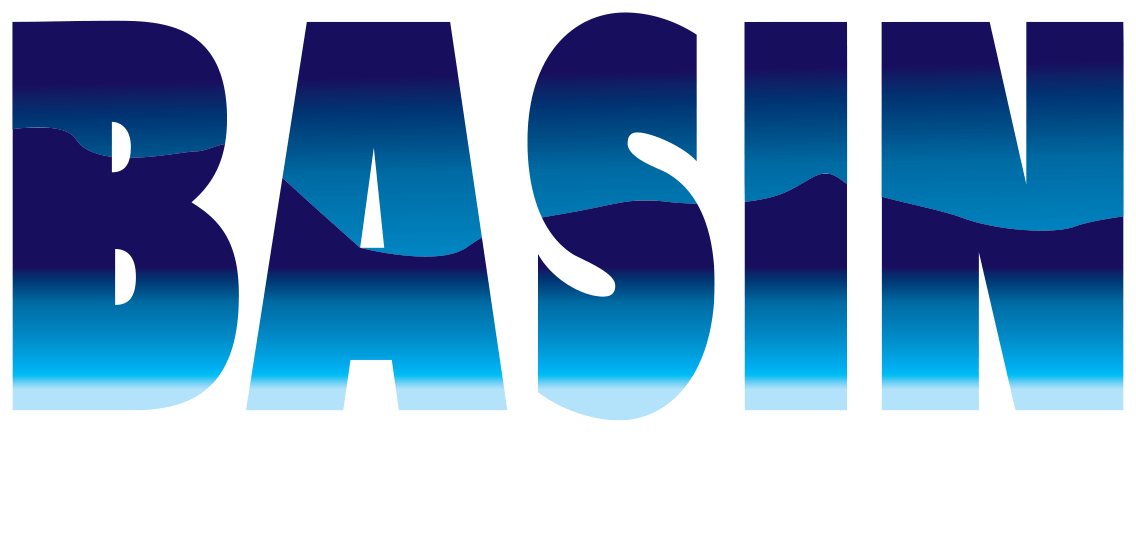
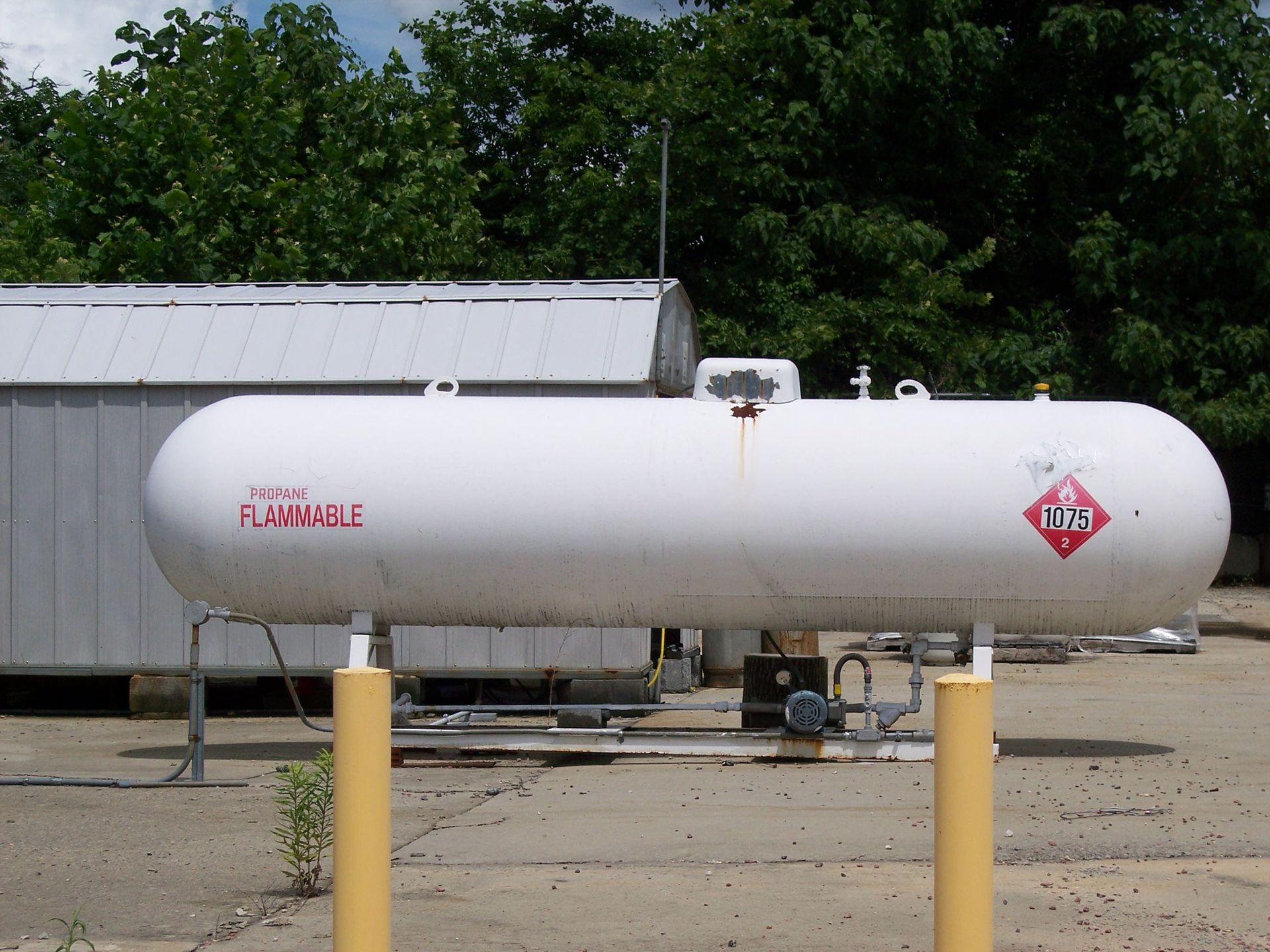
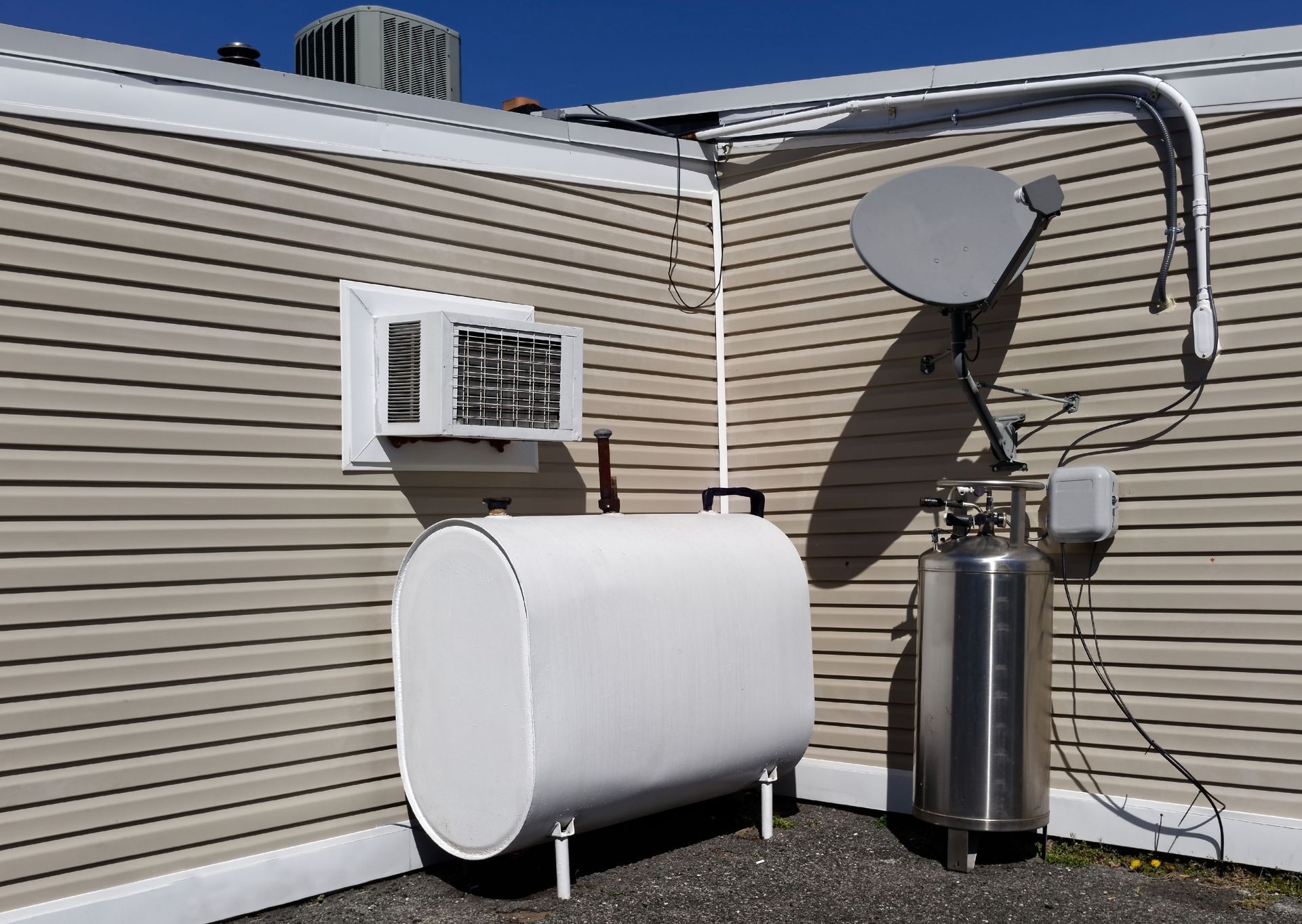

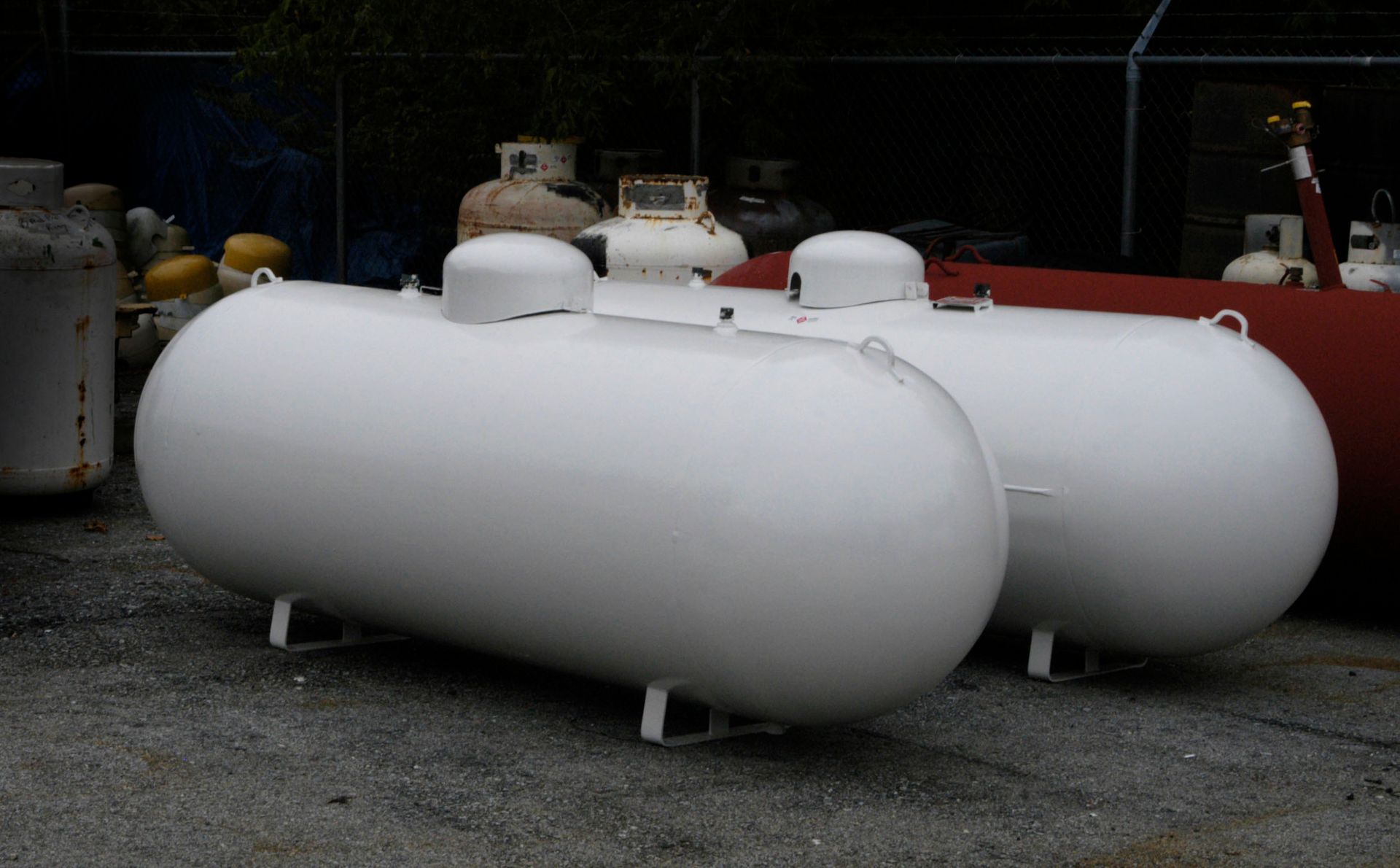
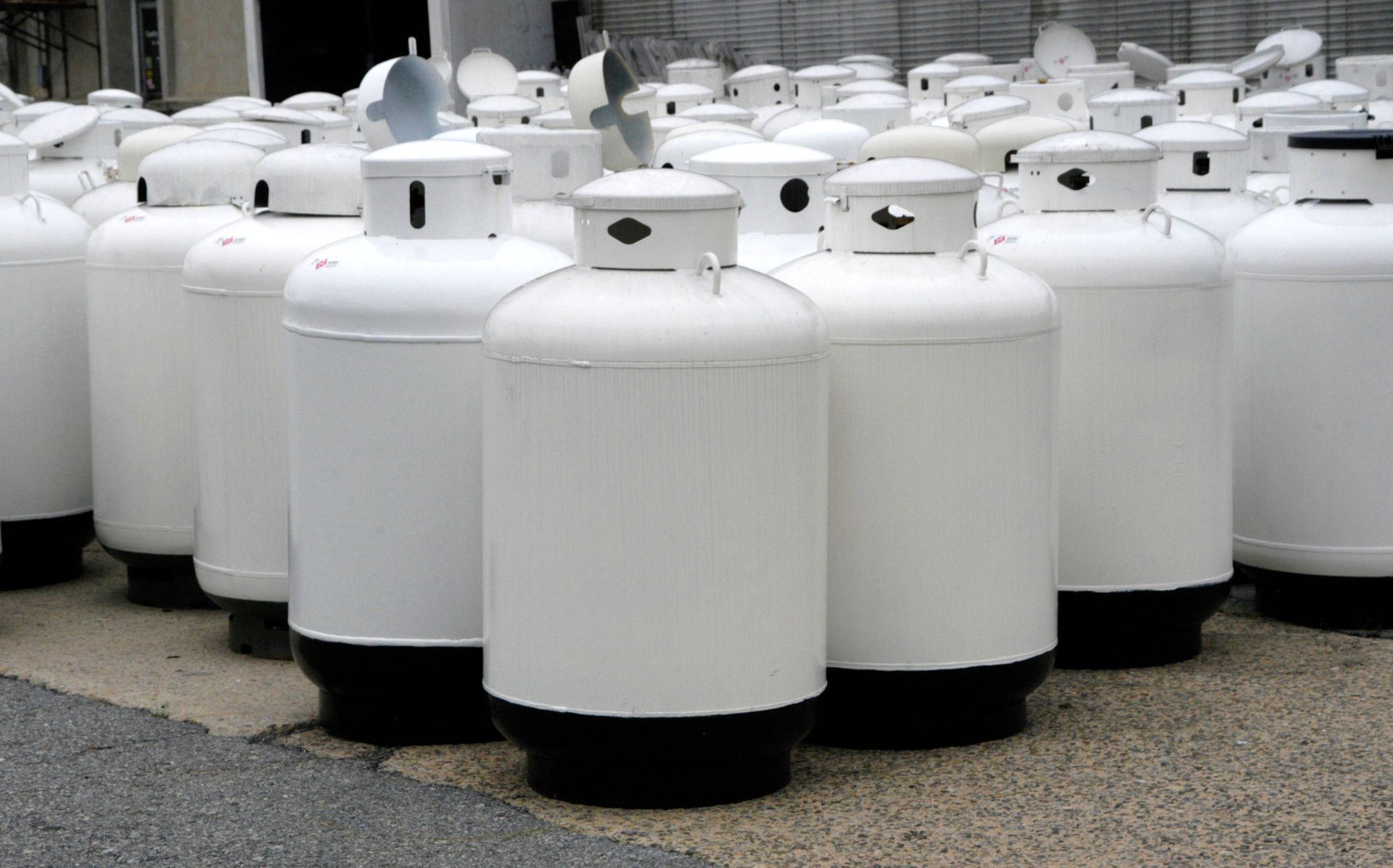
Share On: